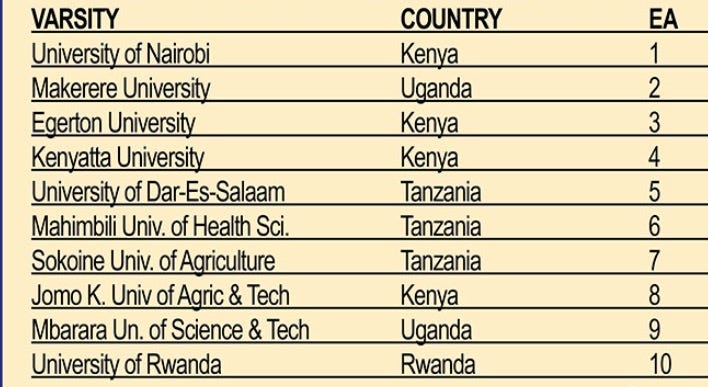
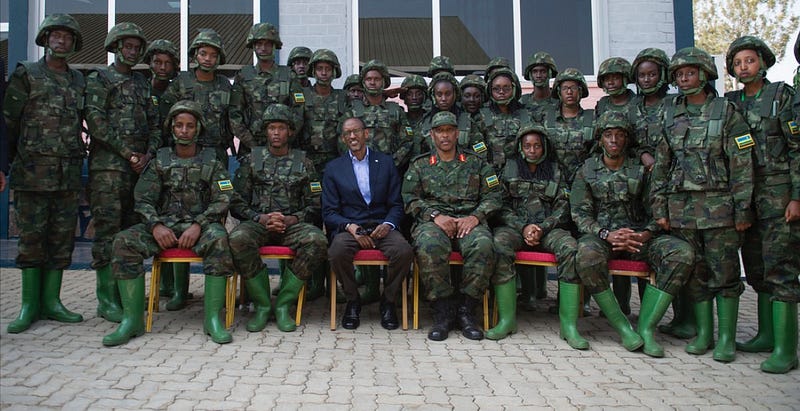
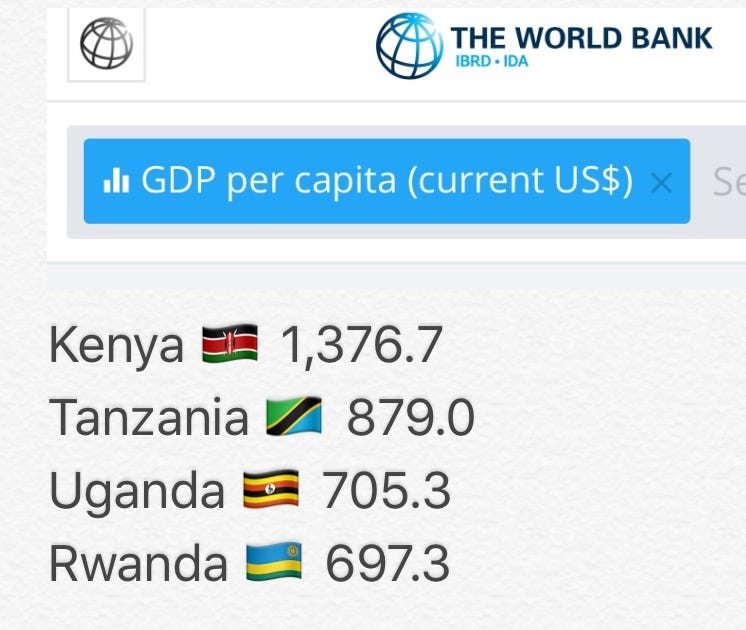
The three images here (latest university rankings in East Africa, Kagame with university students, and GDP per capita) may seem unrelated. But they are intrinsically connected. Education in totalitarian regimes does not create critical thinkers, analysts, and problem-solvers required to create prosperity.
Let us look closely at the current realities. The latest global rankings of universities show that the University of Rwanda stands in the 3,499th position; and 10th in the East African Community (EAC).
In EAC, the University of Rwanda is not only dead last among national universities (Kenya’s University of Nairobi, Uganda’s Makerere University, and Tanzania’s University of Dar Es Salaam); our university is worse off than the second tier universities in East Africa such as Mbarara University.
What is wrong? As is often explained, one of the most important functions of education is…
“to create learners who have the appetite to think analytically and critically, to use what they know to enhance their own lives and also to contribute to their society.”
Education in Rwanda does not perform these roles – education is geared to building human capital and critical capacities to solve problems. Independent thinking, personal autonomy, and reasoned judgment in thought and action valued by successful societies are taboo in Rwanda. To put it simply, education in Rwanda serves to control the minds of citizens through indoctrination.
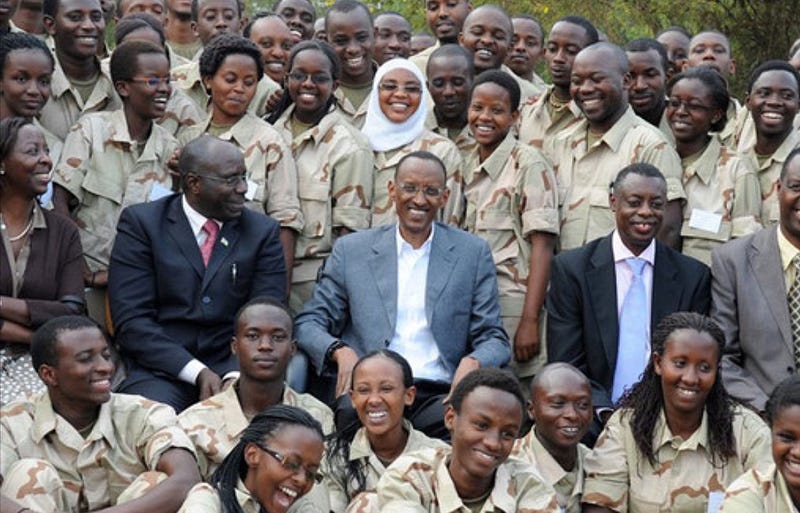
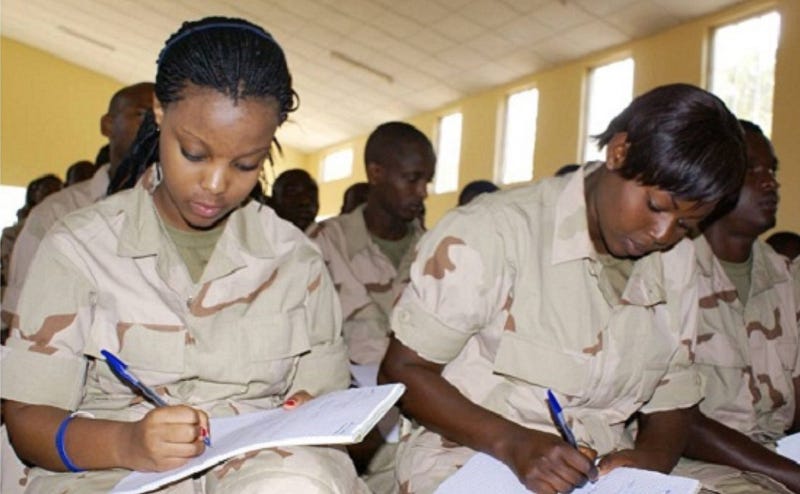
Explanations for this state of affairs is to be found in the way the country is governed in the past 55 years since independence. Because Rwanda has been ruled by dictators, its educational institutions are not intended to arouse intellectual curiosity. Education in Rwanda does not cultivate appetite for critical thinking and spirit which builds broad-based wisdom. And of course the education in Rwanda does not create a critical mass of professionals, technicians, and skilled artisans to build the social and economic fabric of the nation.
What we have instead is education that sustains the cult of personality which arose in Habyarimana regime but spectacularly intensified under Kagame. Instead of independent and creative thinking, what is operating in Rwanda is use of education, media, propaganda, intimidation, and fear to worship an idealized, and invincible ruler. The totalitarian ruler is then to be worshipped at all levels of society – including educational institutions – through flattery and praise. That is how and why only 10 people among 6 million adults in Rwanda opposed Kagame’s agenda of grabbing power beyond previously allowed terms.
Rwanda is caught in a vicious cycle that breeds totalitarian rulers, which reinforces inferior education – and locks Rwandans into poverty. Defeating poverty in Rwanda, therefore, requires ending dictatorship – thus opening space for education that frees minds.


